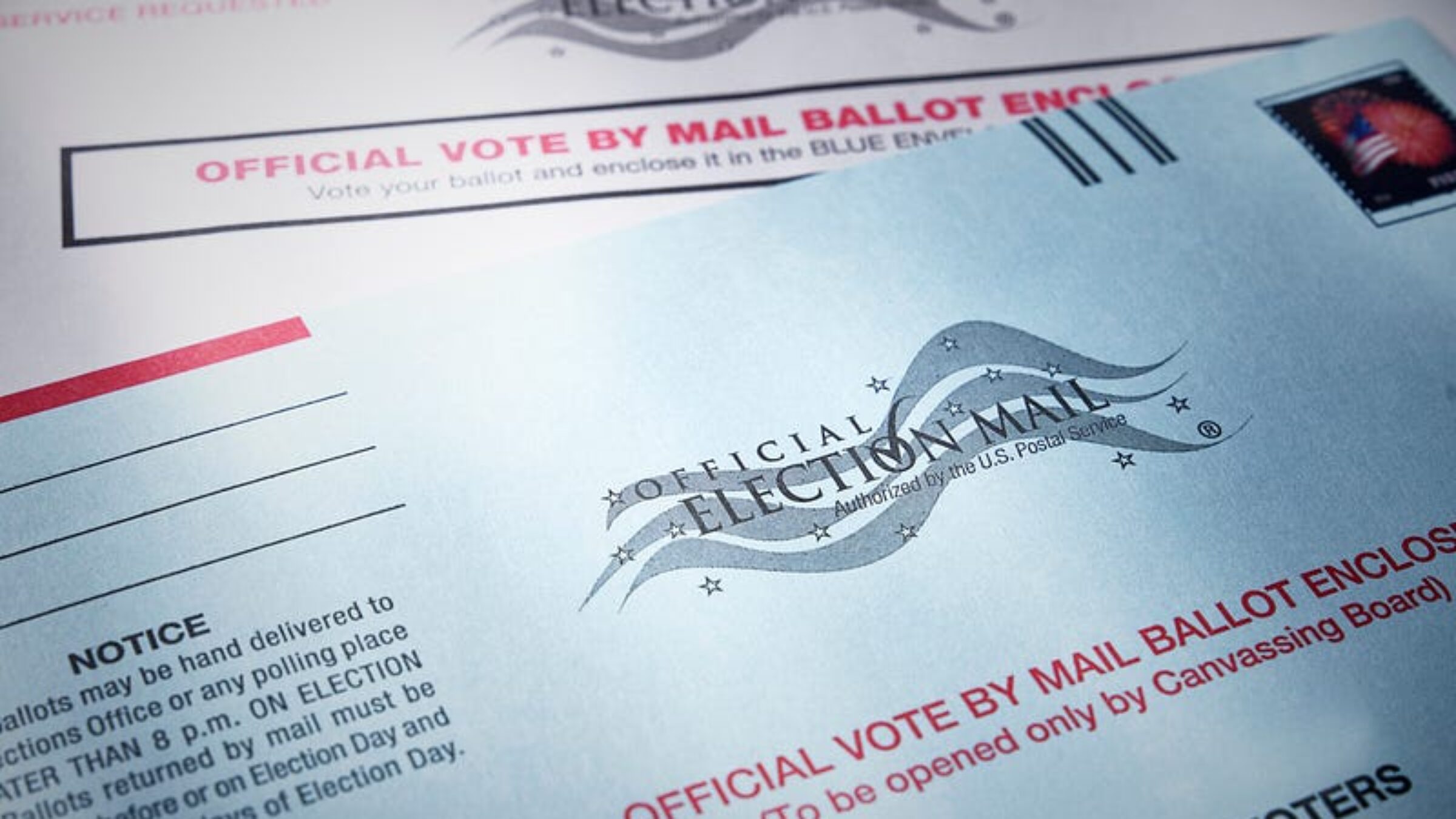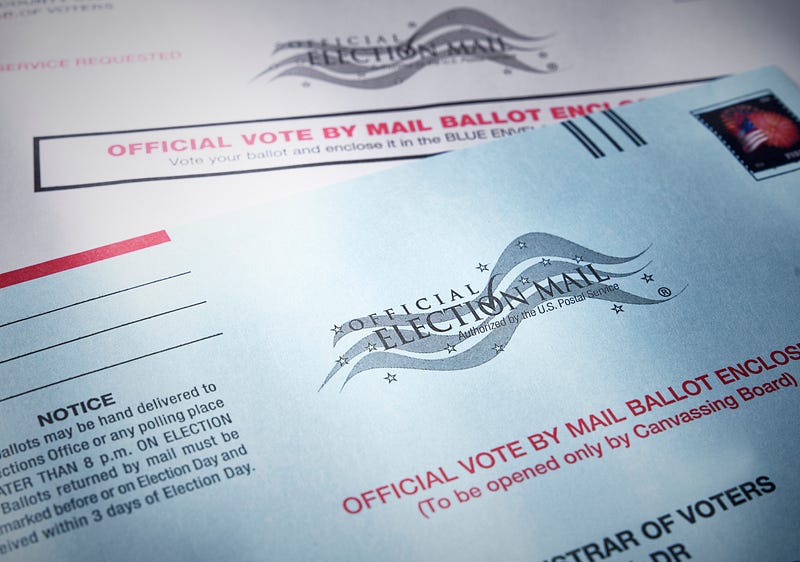Mail-In Voting Ensures a Healthier Democracy: A special message from a member of MAP’s Young…
May 27, 2020

Last month, Louisiana lawmakers voted for a plan that stripped out an expansion of mail-in voting for state elections in July and August. Yet the vote itself was conducted entirely via mail. Just last week, select voters in South Carolina received missives simultaneously decrying vote-by-mail while also laying out ways for those with “legitimate reasons” to vote absentee; the information was relayed by mail, naturally. Clearly, even mail-in voting’s opponents see its appeal.
Mail-in voting is a particularly attractive option as the nation battles a contagion, as it removes both the challenge of maintaining social distance at physical polling places and the need to continuously sanitize voting equipment. Wisconsin’s recent experience speaks to the value of mail-in voting from a public health perspective. On April 7, the state proceeded with an election despite health experts’ warning against having people vote in person amidst a pandemic. Officials encouraged citizens to vote by mail but were unable to keep up with a deluge of absentee ballot requests, forcing some voters to line up for as long as two and a half hours to exercise their right to cast a ballot. Since then, 67 people may have contracted COVID-19 after voting in person or working at the polls. Of course, the real number could well be higher given the continued national shortfall in testing.
“We have moved forward with an election, but we have not moved forward with democracy in the state of Wisconsin,” opined Neil Albrecht, executive director of the Milwaukee Election Commission, in the aftermath of his state’s chaotic election. He’s not wrong; elections marked by fear, with voters putting their lives at risk, are not the hallmark of healthy democracies.
I am personally fortunate that Washington, D.C., the place where I call home but also a dense city and COVID-19 hotspot, allows voting by mail for all registered voters. Unfortunately, my city’s most famous resident, President Trump, declared in April that voting by mail is “corrupt” and “horrible” and “mail ballots are a very dangerous thing for this country because they are cheaters.”

Never mind the fact that the president had himself voted by mail in Florida’s election the previous month and in the 2018 midterms; the evidence does not show mail-in voting to be a corrupt practice. Five states — Colorado, Hawaii, Oregon, Utah, and Washington — now have all-mail elections, with little scandal to show for it. In 2017, the Brennan Center for Justice calculated the risk of voting fraud to be 0.00004%-0.0009%. “Election fraud committed with absentee ballots is more prevalent than in person voting but it is still rare,” noted Richard L. Hasen, a University of California, Irvine, professor of law and political science and election scholar. “States can and do take steps to minimize the risks, especially given the great benefits of convenience — and now safety — from the practice.” This includes initiatives like mailing unique ballots to each voter, matching ballot signatures to a database, requiring identity verification such as Social Security or driver’s license numbers, and flagging IP addresses with an abnormal number of ballot requests.
Nor is mail-in voting horrible. Not only is it more convenient (and safer, currently) for voters, it saves taxpayer dollars as well. All-mail elections eliminate the cost burden on local governments of organizing and staffing multiple polling locations and furnishing them with voting machines and equipment. And reports indicate that it increases voter turnout.
The president’s opposition may well be rooted in an entirely different sentiment, which he loosed via tweet: “Republicans should fight very hard” against mail-in voting because it “doesn’t work out well for Republicans.” Again, the president is wrong. There has been minimal evidence of mail voting providing any partisan advantage. While overall turnout has increased after states switched to all-mail voting, the effect has been most palpable among previously low-propensity voters, with no particular party preference.
Regardless, such thinking is wrong-headed; increased civic engagement should be welcomed and not feared. It’s also a public service dereliction; wise policy and people’s health and safety should trump political considerations. And it’s ideologically defeatist; no voter should be considered unpersuadable in the battle of ideas. In any case, voters might be more inclined to support politicians who consistently put their interests above personal self-interest. Our leaders should start by supporting the expansion of mail-in voting in America and help ensure a healthier democracy — in more ways than one.
The author, Clifton Yin, is a member of the Young Leaders Council of the Millennial Action Project. The views expressed here are his own.






Join 1,900+ BIPARTISAN LEADERS NATIONWIDE
Be a part of a network of lawmakers committed to governing effectively, passing more representative public policy, and increasing public trust in democracy.